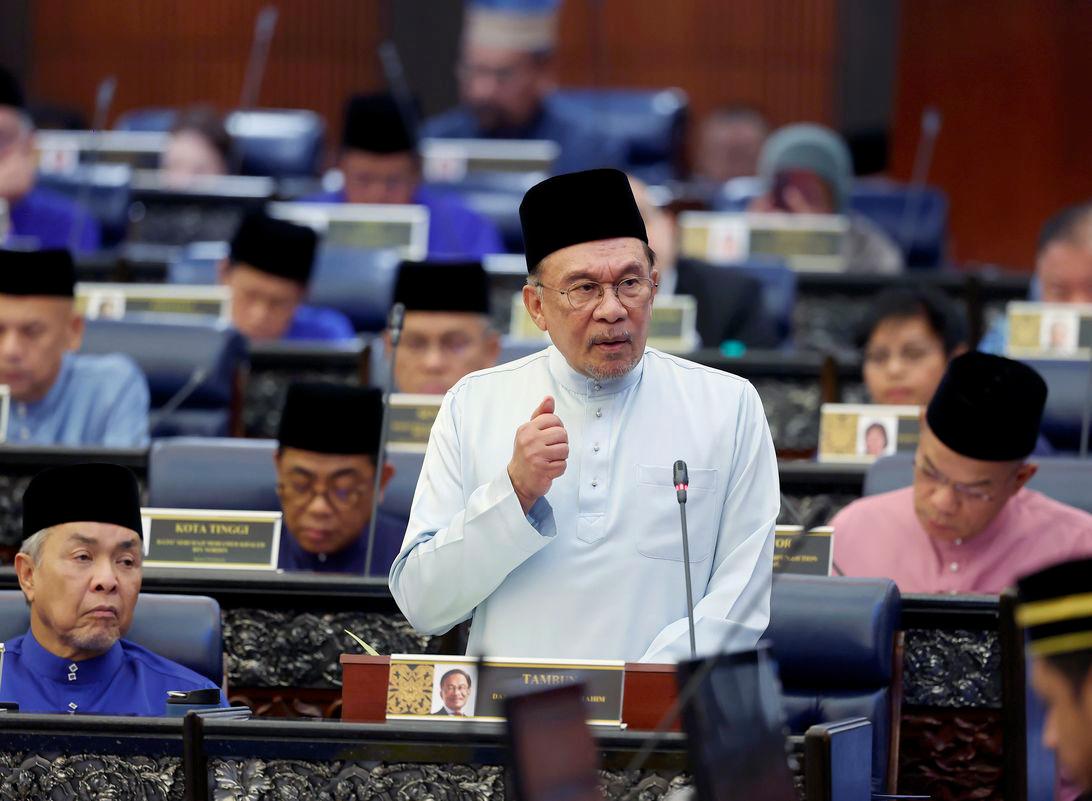IPOH: The government’s decision not to introduce new taxes in Budget 2026, while focusing on subsidy rationalisation and strengthening governance, is seen as a key strategy to prevent leakages and boost national revenue.
Head of the Economics Department, Faculty of Management and Economics, Universiti Pendidikan Sultan Idris (UPSI), Assoc Prof Dr Zainizam Zakariya said subsidy rationalisation and improved financial administration efficiency are expected to save nearly RM16 billion, helping to offset part of the deficit without placing additional tax burden on the people.
He also commended the government’s commitment in allocating RM66.2 billion to the Education Ministry and RM18.6 billion to the Higher Education Ministry, reflecting strong investment in human capital development in line with the nation’s aspiration to develop a highly skilled workforce.
Zainizam described Budget 2026, tabled by Prime Minister Datuk Seri Anwar Ibrahim on Oct 10, as realistic and balanced, underscoring the government’s determination to sustain economic growth while safeguarding public welfare and strengthening fiscal governance.
“Overall, Budget 2026 is realistic and aligns with the current economic situation. Government revenue still relies on conventional sources such as income and indirect taxes, but it is structured prudently without introducing new taxes,” he told Bernama.
He said the budget, which projected an increase in federal revenue to RM343.1 billion, is sufficient to cover the country’s operating expenditure, indicating the government’s prudent financial management.
However, he noted that controlled borrowing remains necessary to finance development projects.
Zainizam said the targeted reduction of the fiscal deficit to 3.5 per cent of Gross Domestic Product (GDP) reflects the government’s commitment to maintaining a tight fiscal policy and focusing on domestic borrowing, a move that can mitigate the risk of ringgit depreciation amid global interest rate fluctuations.
“Most of the government’s borrowings now come from domestic sources. This is a positive step as it shields the economy from foreign exchange volatility,” he said.
Meanwhile, Universiti Sultan Azlan Shah deputy vice-chancellor (Academic and Research) Prof Datuk Dr Ahamed Kameel Mydin Meera said that this year’s budget placed emphasis on economic growth and improving the people’s well-being. He said when the country achieves growth, it should not be content with figures alone.
“What is more important is to ensure that the benefits are distributed fairly and equitably so that the people can truly benefit from the country’s growth.
“This aspect is often overlooked by many countries. They focus only on achieving high growth rates, five or six per cent, for example, without explaining how the returns from that growth are distributed to the people,” he said.
Ahamed Kameel, who is also a professor of economics and finance, said Budget 2026 is on the right track by prioritising the education and health sectors, with allocations of RM66.2 billion and RM46.5 billion respectively. “For the health sector, the government could consider introducing incentives similar to Singapore, where senior citizens receive credits based on their walking activity, which can be used to purchase essential goods. This not only improves public health but also reduces national healthcare expenditure,” he said. To generate national revenue, he proposed that the government consider nationalising several major banks, enabling greater control over the economy on a broader and more effective scale.
“Countries that have nationalised their banks are often better equipped to absorb economic shocks, like China. This is because when the government needs financial support, state-owned banks can directly create and channel funds into the economy. Therefore, nationalising banks should be considered.
“Secondly, on payment systems, there are many types of payment platforms today, and billions of ringgit in transactions occur daily. However, many of these systems charge commissions, and the profits are reaped by private companies that operate them,” Ahamed Kameel added.
On Oct 10, the Prime Minister tabled Budget 2026, themed the ‘Fourth MADANI Budget: A Budget for the People’, amounting to RM470 billion, focusing on economic resilience and support for small businesses amid the ongoing global uncertainty. - Bernama









